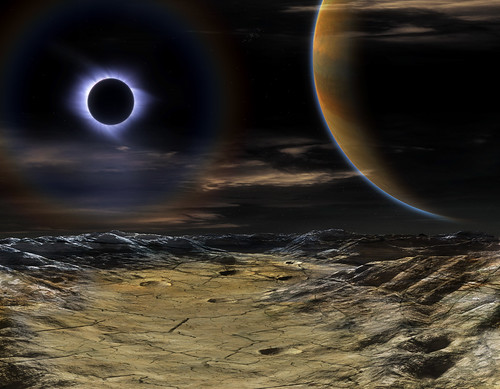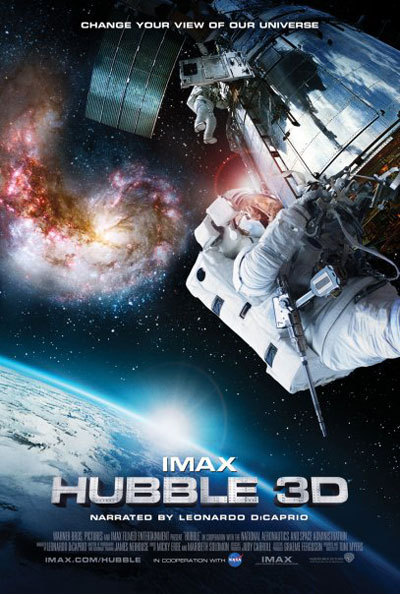 By now, everybody's probly tired of all this Hawking's xenophobia reverberating across the web and twittercosm. What Hawking said must've been brilliant. Its got the elements of good news and bad news and everything in between. Kinda like good cop, bad cop. He's both right and wrong and fuzzy so it got the buzz. I am glad he's getting in on the topic, except he got everybody thinking and chattering about xenocidal stuff.
By now, everybody's probly tired of all this Hawking's xenophobia reverberating across the web and twittercosm. What Hawking said must've been brilliant. Its got the elements of good news and bad news and everything in between. Kinda like good cop, bad cop. He's both right and wrong and fuzzy so it got the buzz. I am glad he's getting in on the topic, except he got everybody thinking and chattering about xenocidal stuff.Just for fun, let me join the blabbing fray.
I'll start with Hawking's fear that aliens might simply raid Earth for its resources and then move on. You see, there's so many planets out there. Billions of exoplanets, dammit! And earth's resources are almost sucked up by humans already. So implying that Aliens will kill us all to get the resources of our planet (or solar system) is a major fail.
But then again, the reasons that Aliens will kill us all depends on a lot of reasons. Or perhaps they won't kill us in the "kill" sense of the word. The prospect of merging or being usurped by an alien culture is a long and fuzzy romance.
But a major aspect, I think, is that it all depends on the timing. It has a bearing on how advanced the alien race is, and how advanced--or retarded we are--at the time of contact. For example, thousands of years from now, if by some lucky fluke, we somehow reach Kardashev Type 2 and the aliens are Type 3, they might consider us a threat to them, and vice-versa. War would ensue. But if the technological level is too far apart, as in our state right now (Type 0) versus their Type 3, then they might just leave us alone. If they suddenly arrive right now, I think our civilization would make a curious subject for highly-advanced galactic scholars and scientists. Or depending on their personalities, values and morals, they might just bet for fun and game about whether we'll destroy ourselves on our own.
It also depends on how cute we are. You see, it may also depend upon planetary affinity. If these advanced aliens evolved from an Earth-like world, then they might just find some kind of common ground with us. Perhaps deep within their "telluric" roots (as previous dwellers of a rocky planet), they might find us cute. That is, if the history of their planetary origin is still in their characteristics (or culture) even if they already evolved a space-faring biology. But if they evolved from an entirely different type of planet (for example a slushy dense planet) then they might find us revolting. The kind of response it would elicit from them might be similar to the disparity between one's reactions upon touching a cockroach or a puppy--splat or pat.
The parameters are so many, that we might as well create a Drake-like equation for xenosociological encounters. The aliens might destroy us, or they might not. Anything could happen. Or not happen. We do not know.
Perhaps the final verdict will depend on the quality of our existence and the footprints we leave in the Cosmos. There's plenty of reasons for us to remain quiet, as Hawking suggests. But its already too late. We've already sent signals and blown our cover. For example, our decades-old broadcasts are already speeding outwards to other stars (see the chart below). And our fate may entirely depend upon which of our TV programs they happen to see. Folks from Aldebaran might immediately obliterate us upon seeing our footages of World War II. While Mu Araens might simply enjoy our twilight zone episodes and leave us alone for a little while.






